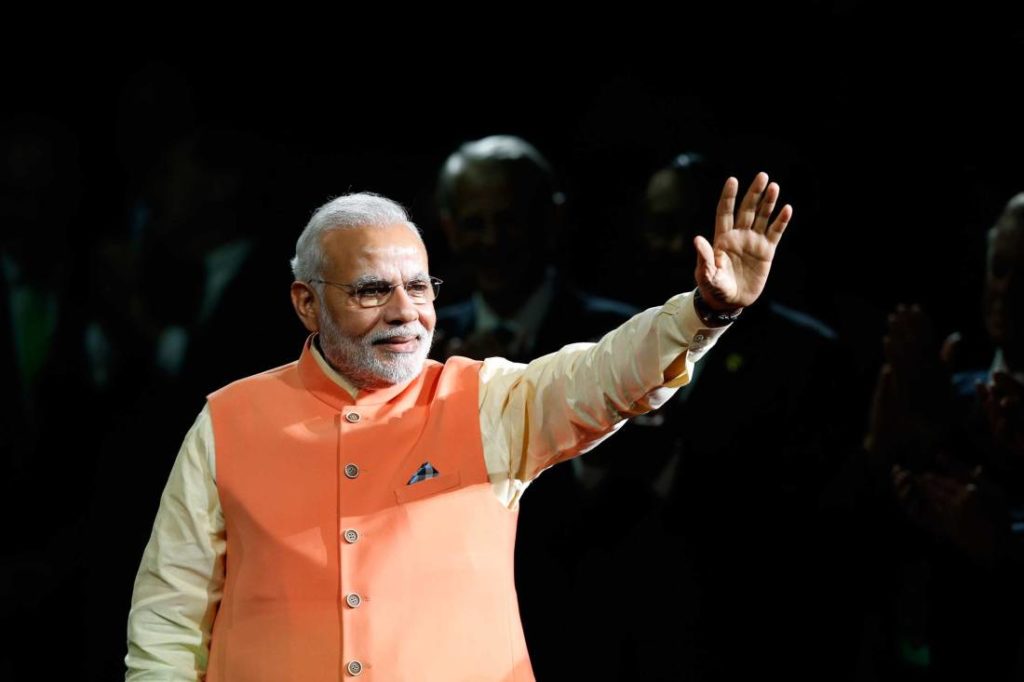Govt Will Track 120 Cr Indians Via Aadhaar: Your Job, Marriage, Bank Balance & More!

Govt Will Track 120 Cr Indians Via Aadhaar: Your Job, Marriage, Bank Balance & More!
The Modi government is in the terminal stages of creating an all-encompassing, auto-updating, searchable database to track each aspect like marriage, age, financial status and much more of the lives of over 1.2 billion residents of the country!
Read to find out more…
Threat to Privacy?
This system is meant to automatically track when a citizen moves between cities, changes jobs, buys new property, when a member of a family is born, dies or gets married and moves to their spouse’s home. The ability of the database to exchange and make use of information means there is no technical limit to the extent of data that can be collected and indexed by this master database of databases.
A special secretary of the NITI Aayog in a meeting on October 4, 2019, proposed geo-tagging every single home and integrating it with Bhuvan, a web-based geo-spatial portal developed by the Indian Space Research Organisation (ISRO).
SECC introduced in 2011 by Prime Minister Manmohan Singh’s United Progressive Alliance government was a census, not a survey in which the government sought to collect data on the caste, incomes and set social parameters of every single Indian citizen. The proposed National Social Registry which is in making since past 5 years has thus far been described by the Indian press as a routine exercise to update the 2011 Socio-Economic Caste Census (SECC) to prevent the misuse of pro-poor government schemes by ensuring that benefits and entitlements reach the right people.
Under the semblance of creating a SECC that automatically updates itself in real time, the National Social Registry will either be Aadhaar based or “multiple harmonised and integrated databases” that use Aadhaar numbers to integrate religion, caste, income, property, education, marital status, employment, disability and family-tree data of every single citizen.
Biswajit Banerjee, the joint secretary in the ministry of rural development, wrote in the file on June 17, 2019, referring to the government’s latest buzzword to mark 75 years of Indian independence, “This Social Registry Information System strengthened upon SECC data, would go a long way to establish a much needed continuous, authentic, efficient, and evidence-based data management system in the country to identify beneficiaries of government welfare schemes and would be an enabler for achieving goals of NEW INDIA@2022,”
Aadhar was the Foundation to Kickstart a Searchable Database!
If it was not for Aadhaar, the plan for a National Social Registry would never have kickstarter. The existence of Aadhaar as a “single identifier” has made it easy to merge several databases into a single registry.
For instance, a PAN card number and your cell phone number fall under two different lists. But as they are connected to your Aadhar, it becomes a single and common identifier.
Earlier, privacy experts sensed this breach in privacy and had filed a series of petitions in the Indian Supreme Court, wherein the mandatory connecting Aadhaar in everything from airport boarding systems, to election IDs, to opening bank accounts, to buying mobile connections, to marriage registrations, would allow the Indian government to create a gigantic surveillance database similar to the Social Registry System.

Comments are closed, but trackbacks and pingbacks are open.